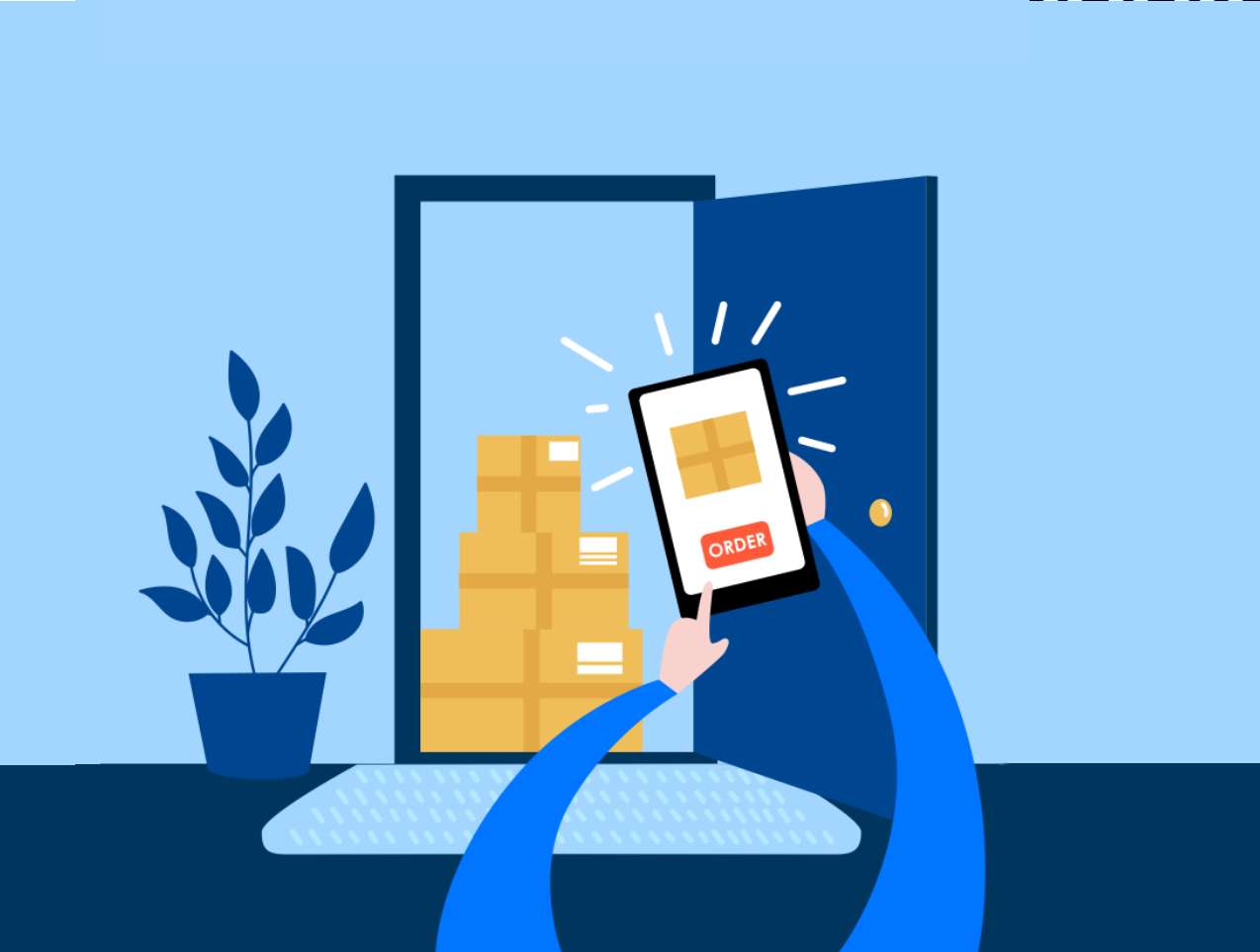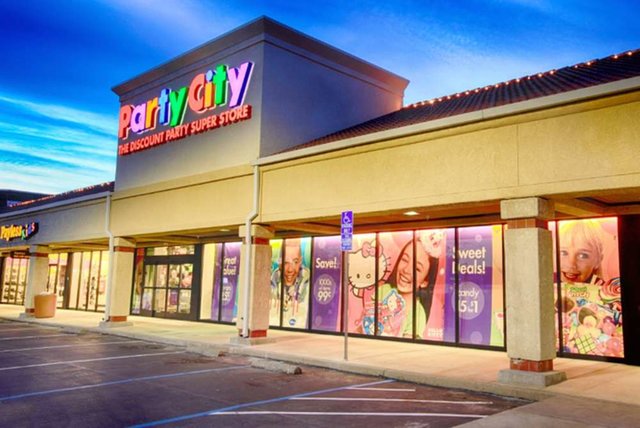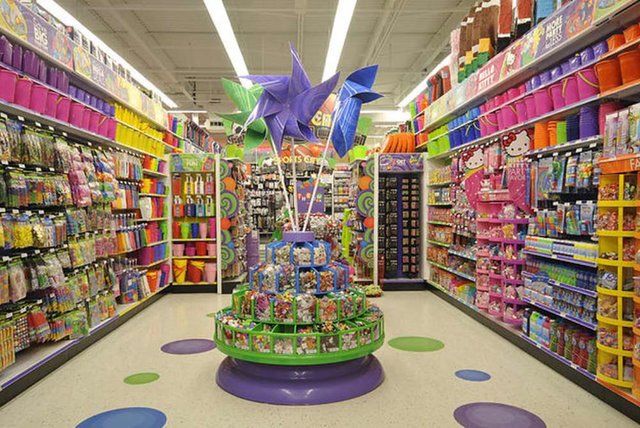
Transitioning from Traditional Retail to eCommerce:
How Party City leveraged Managed Services for Marketplaces to Unlock Digital Channels

Since 1986, Party City has been helping people plan for celebrations, parties and memorable moments. As a premier destination for party goods, the company offers some 40,000 SKUs online and 30,000 in-store, selling everything from balloons to costumes for graduations, birthdays, baby showers, weddings, and more. It’s been successful, to say the least. Over the years, the company’s mission to be helpful, passionate and fun has led to more than 900 year-round locations — plus another 250 to 300 Halloween City stores that appear each August. It offers one of North America’s largest collections of licensed party supplies and makes it easy for consumers to personalize products and lean on the convenience of BOPIS (buy online pickup in store). “We’re very focused on the omnichannel, digital aspect to drive convenience for our customers,” says Vish Bharadwaj, the company’s Senior Director guiding e-commerce. However, in the midst of all these advancements, there was one critical area of e-commerce that Party City had yet to tap into.
As Party City made a successful transition from traditional retail to e-commerce, it eventually became clear that the business would need to expand beyond its direct-to-consumer website. “Our primary goal was to unlock digital channels,” Bharadwaj explains. “We had PartyCity.com and we were actively present on social media channels. But we wanted to capture and unlock other digital channels such as Amazon, eBay and Walmart. We didn’t have a footprint there, we didn’t have a presence on any of those marketplaces. We didn’t have the reach.”


There was just one hurdle to overcome. Selling on e-commerce marketplaces is not the same as selling on an independent website. Each marketplace channel has its own unique setup with different requirements and specifications, which meant Party City would need new approaches for getting products in front of consumers on Amazon and elsewhere. “We wanted to understand those digital channels,” Bharadwaj explains.
After taking time to understand what it would take to be successful on marketplaces, Party City determined that setting goals and developing a strategy would be crucial. And for that, the team turned to Managed Services for Marketplaces, provided by ChannelAdvisor – a CommerceHub company. From the start, the retailer has relied on insights from e-commerce experts — ones with a deep knowledge of the industry gained from long standing relationships with Amazon, eBay, Walmart, and other key players.
With day-to-day support from the CommerceHub specialists, the company continues to maintain a strong understanding of the current landscape as it evolves and changes. “Their Managed Services expertise helps us to know which marketplaces we should be looking at,” Bharadwaj notes, adding that his team regularly relies on the CommerceHub experts to get a comprehensive view of key KPIs and metrics, and to determine when it’s time to move forward with a particular marketplace. From building an Amazon Brand Store to creating strong promotions during peak seasons, the company reports that ChannelAdvisor Managed Services has helped it make the most of its marketplace presence by building out strategies that maximize visibility and profitability. “The CommerceHub team sort of unpacks each season for us,” he adds. “We’re asking: What are some big wins? What are some opportunities that we can leverage? The fresh set of eyes and expert perspective is always helpful for us.”
After turning to CommerceHub for help, Party City experienced some incredible gains within the first year. From August to Halloween, Party City’s biggest season of the year, the company’s metrics show that its gross merchandise value (GMV) more than tripled year-over-year.
“CommerceHub and their ChannelAdvisor Managed Services are a great partner in operationalizing our business plan and growth opportunities,” says Bharadwaj. “Our business wouldn’t be where we are without the arms and legs of support they provide throughout the year.”
Moving forward, Party City plans to leverage the insights CommerceHub has helped it glean from its marketplace presence to help guide growth elsewhere. “The customers shopping on those channels are sort of like leading indicators for what’s to come for us,” says Bharadwaj. “A lot of the trends… catch on faster on other marketplaces and that’s something we can use to drive better decisions for our stores and website.”
With an impressive line of licensed and personalized products, Party City had a lot to offer on marketplaces. Bharadwaj and his team felt they could reach a whole new segment of consumers who had yet to discover the company. By expanding to key marketplaces, they’d be opening the doors to reaching even more people based on where, when and how they prefer to shop. “Our goal was to cater to and reach out to customers who are shopping on other marketplaces,” he says. “We wanted to drive incremental sales, incremental customer reach.”
CommerceHub
CommerceHub is one of the world’s largest, most trusted commerce networks, connecting over 40,000 retailers and brands globally to transact more than $50 billion in gross merchandise value (GMV). Customers rely on CommerceHub’s software solutions to reach and convert more shoppers, expand margin, and enhance the online shopping experience through drop ship, marketplace, digital advertising, and delivery management




